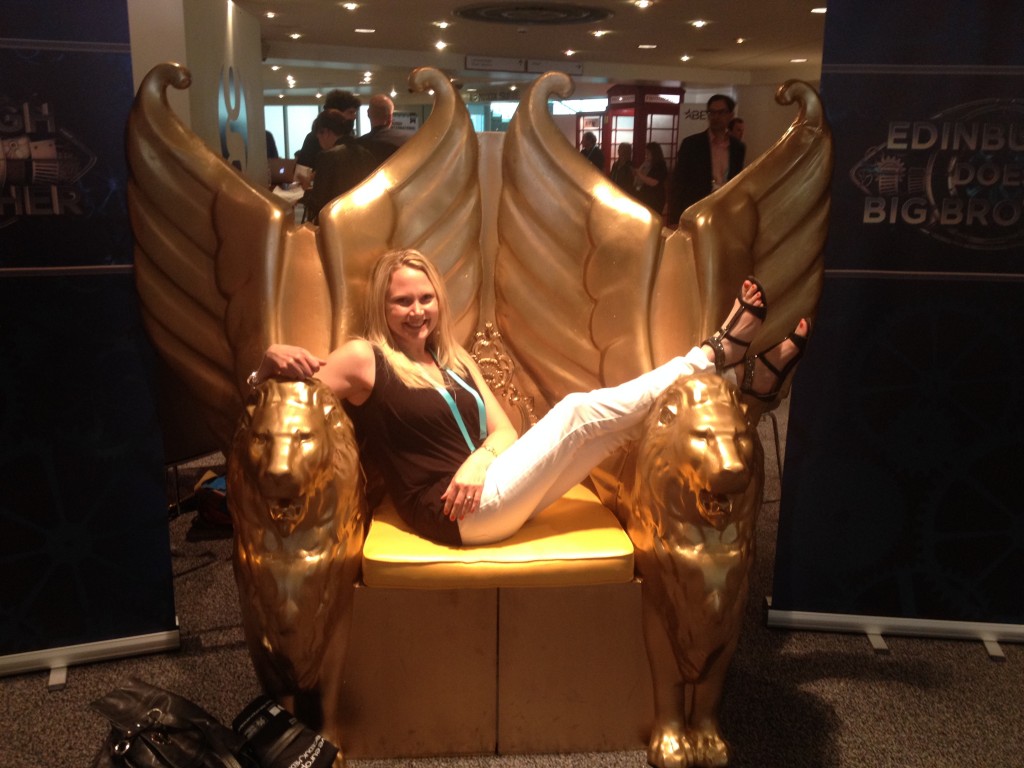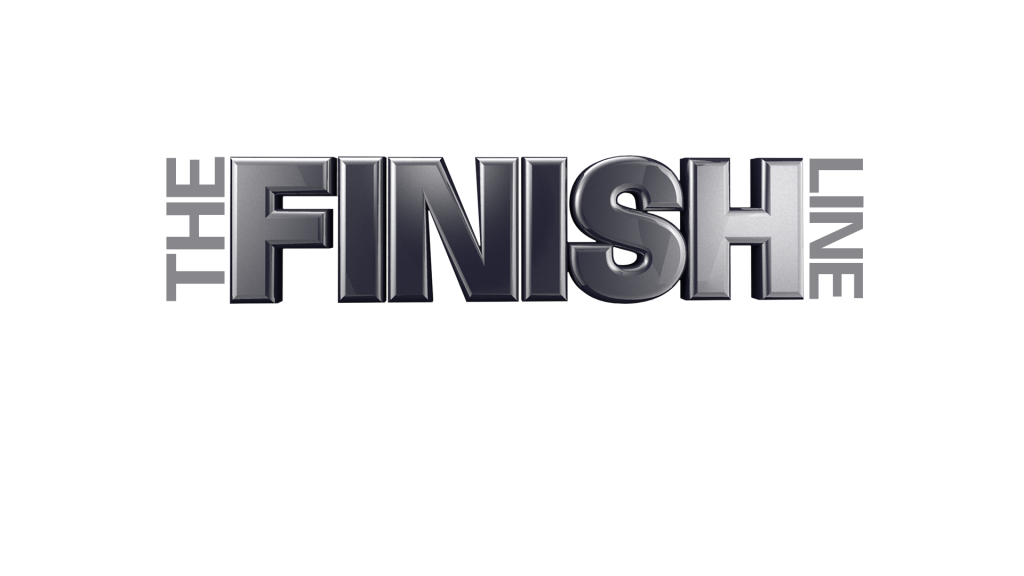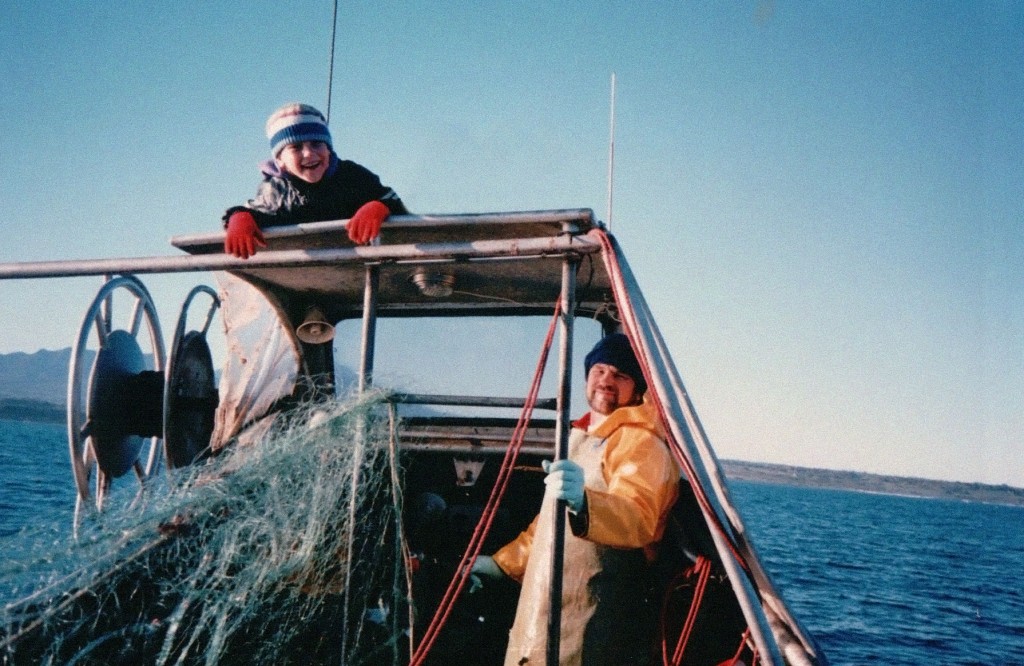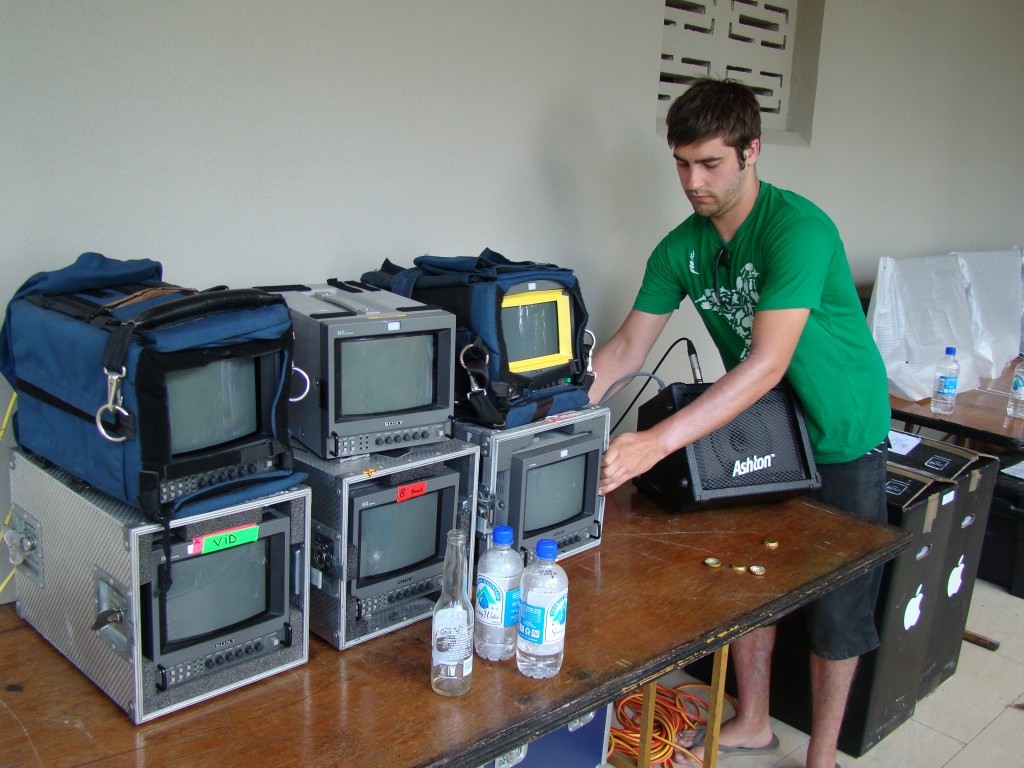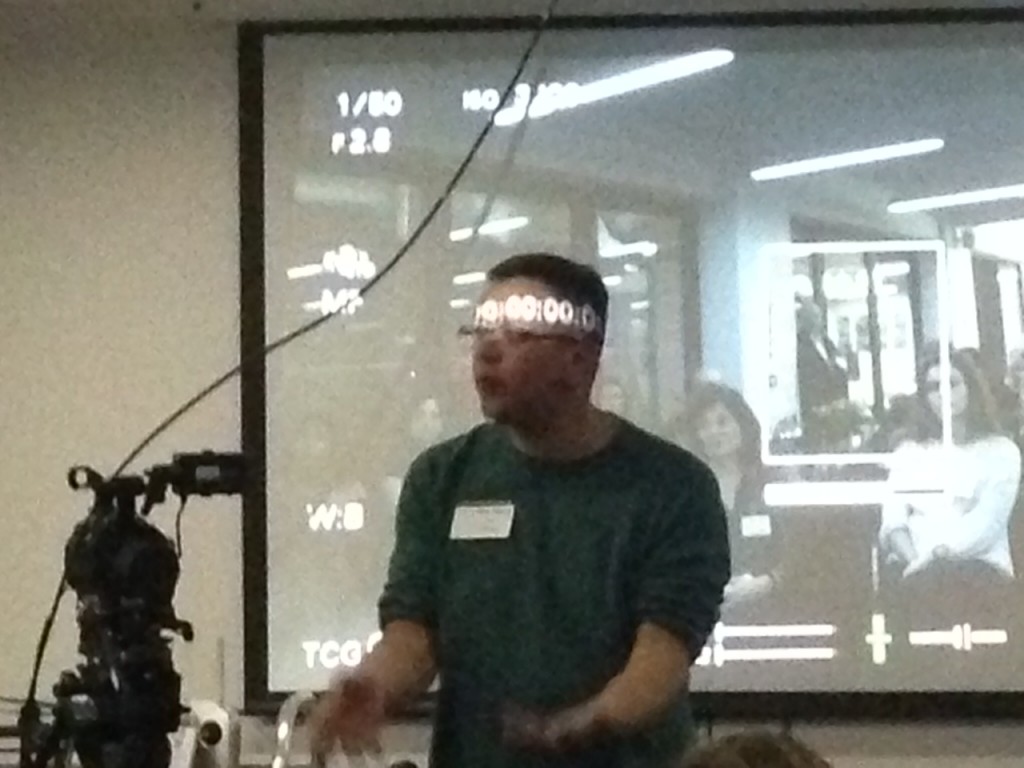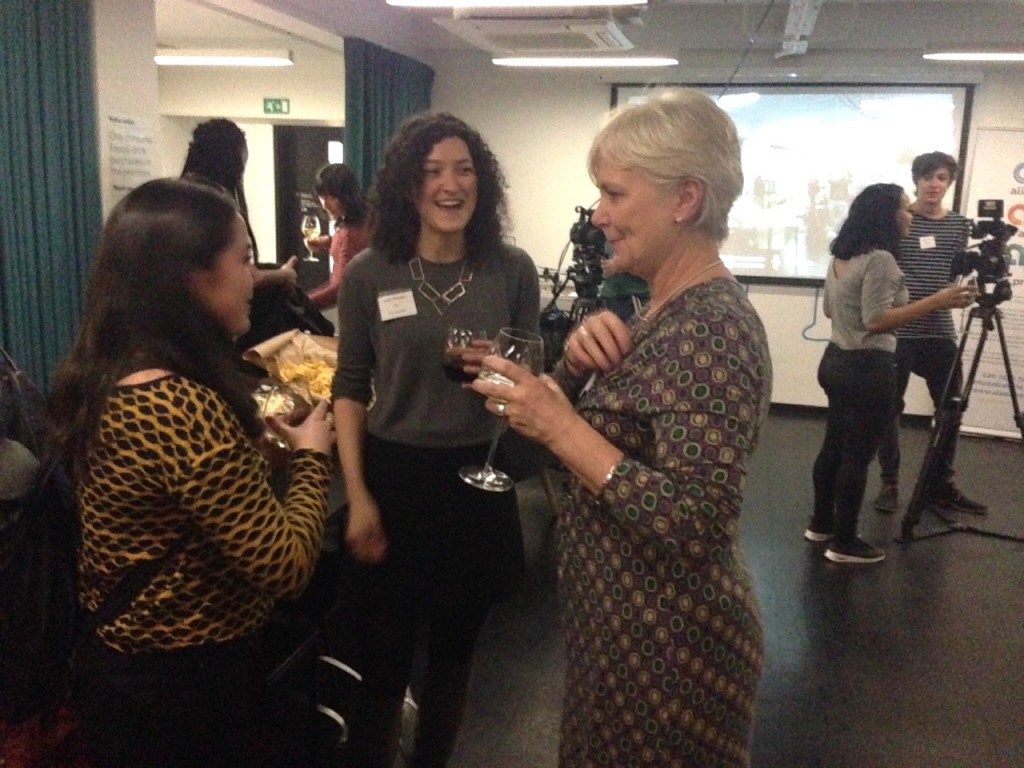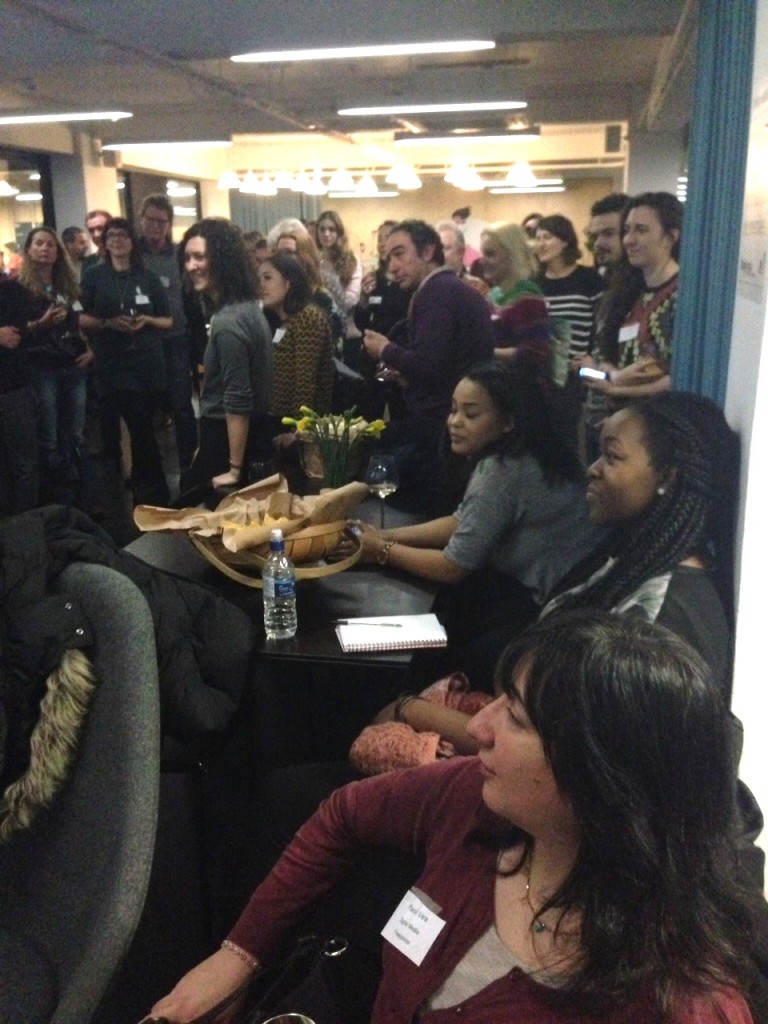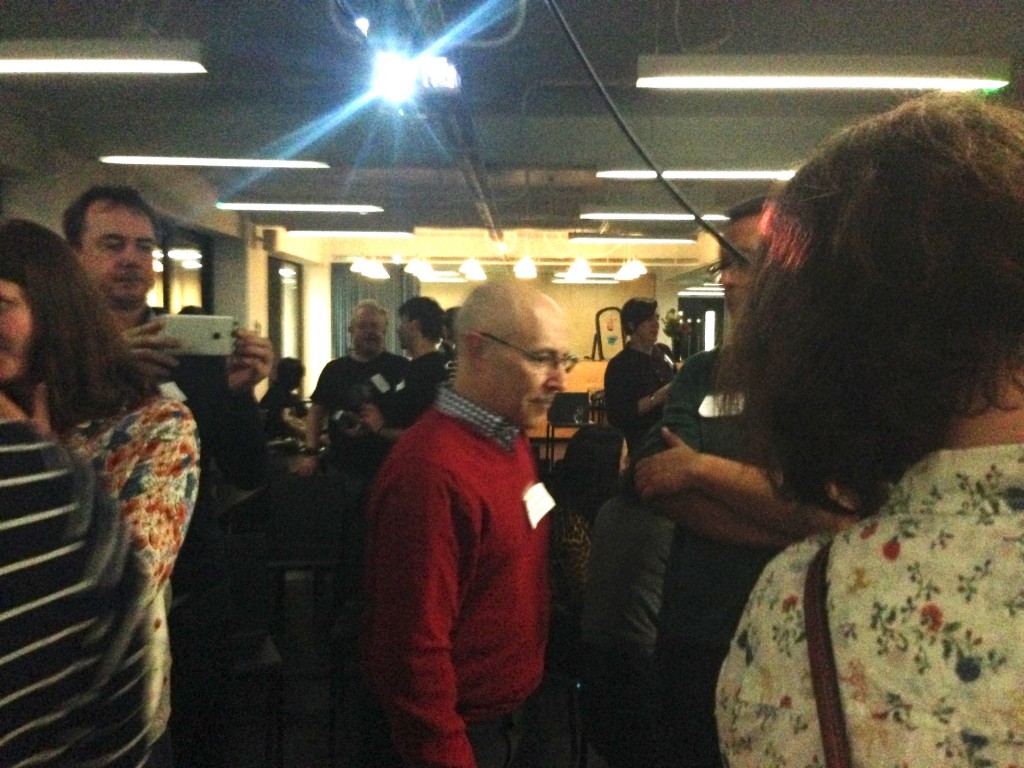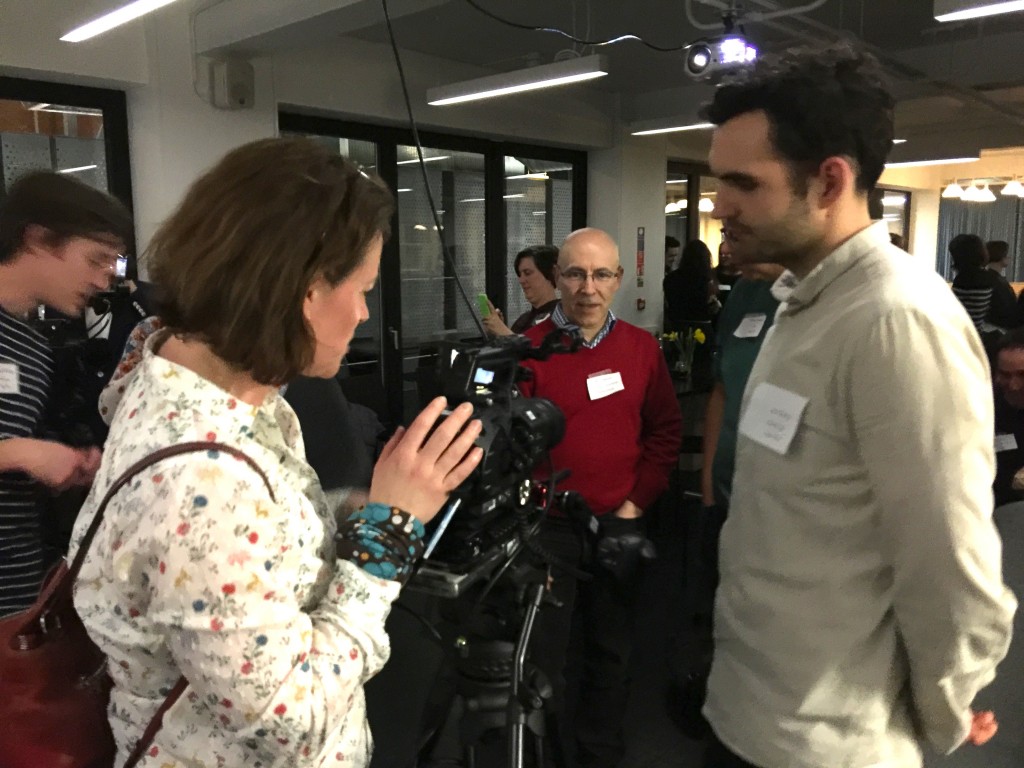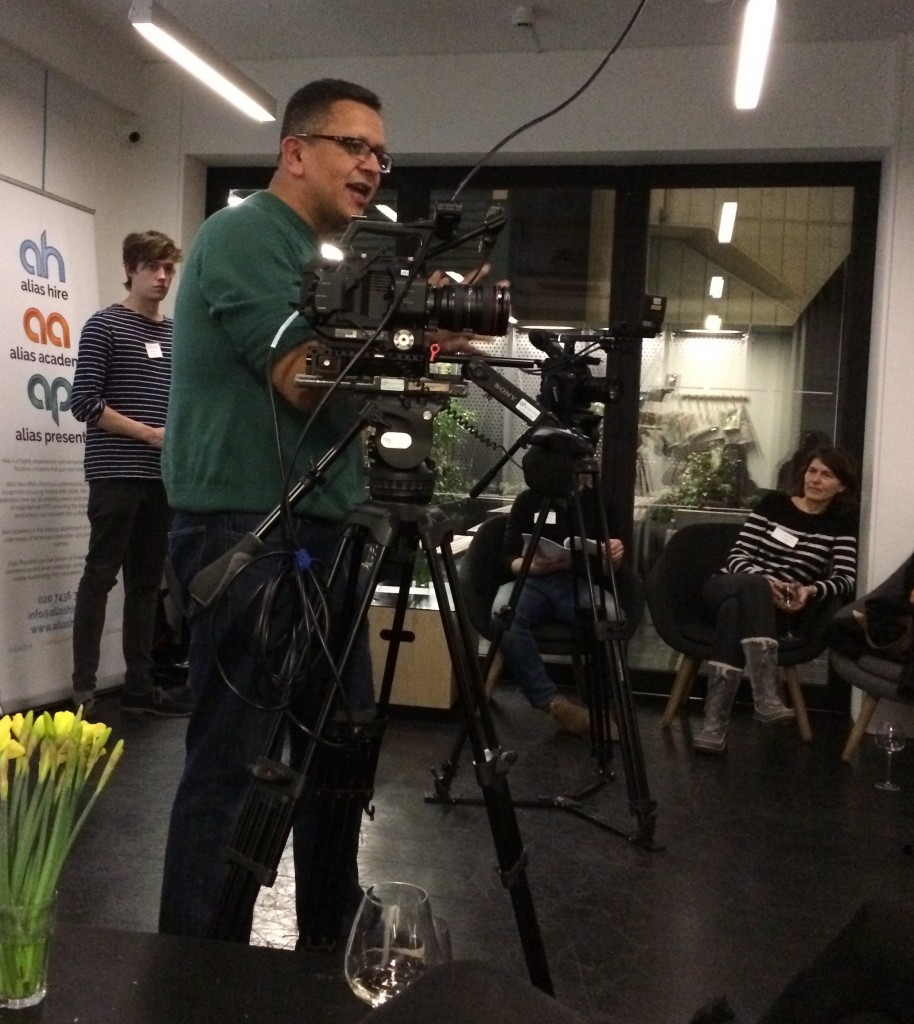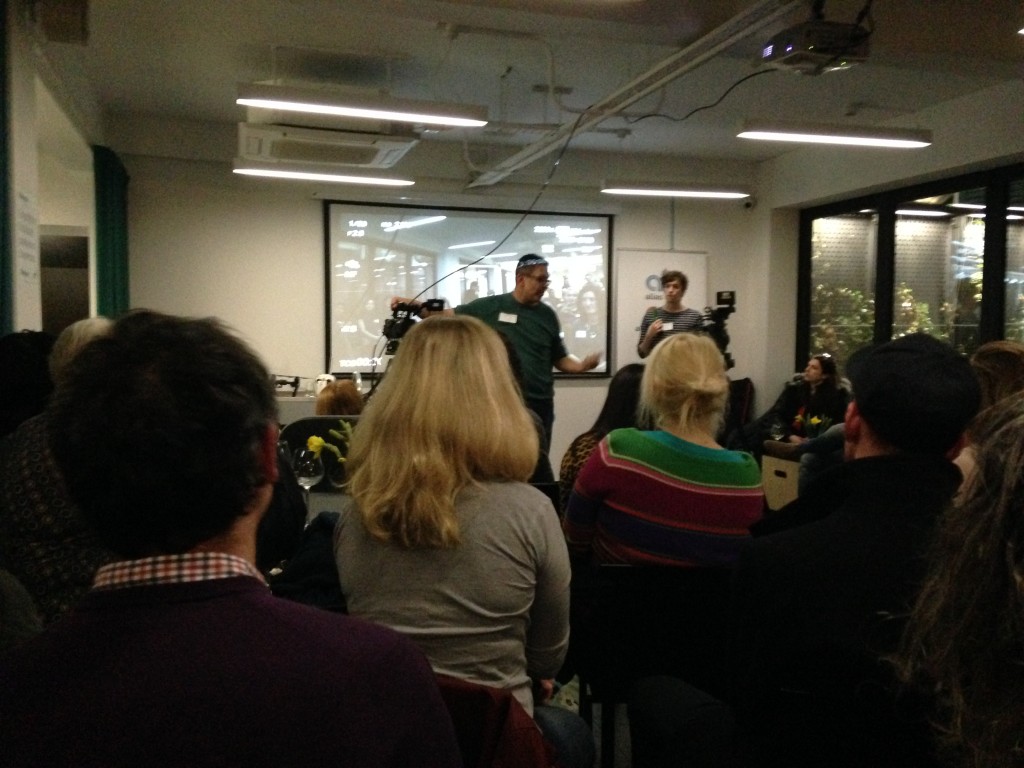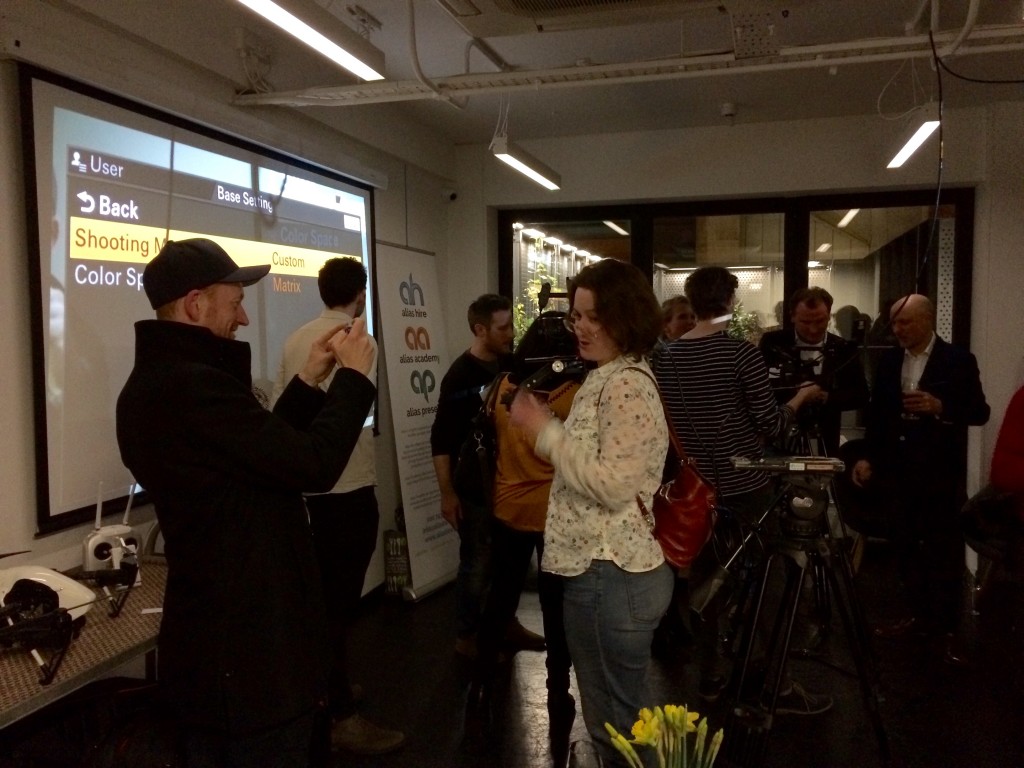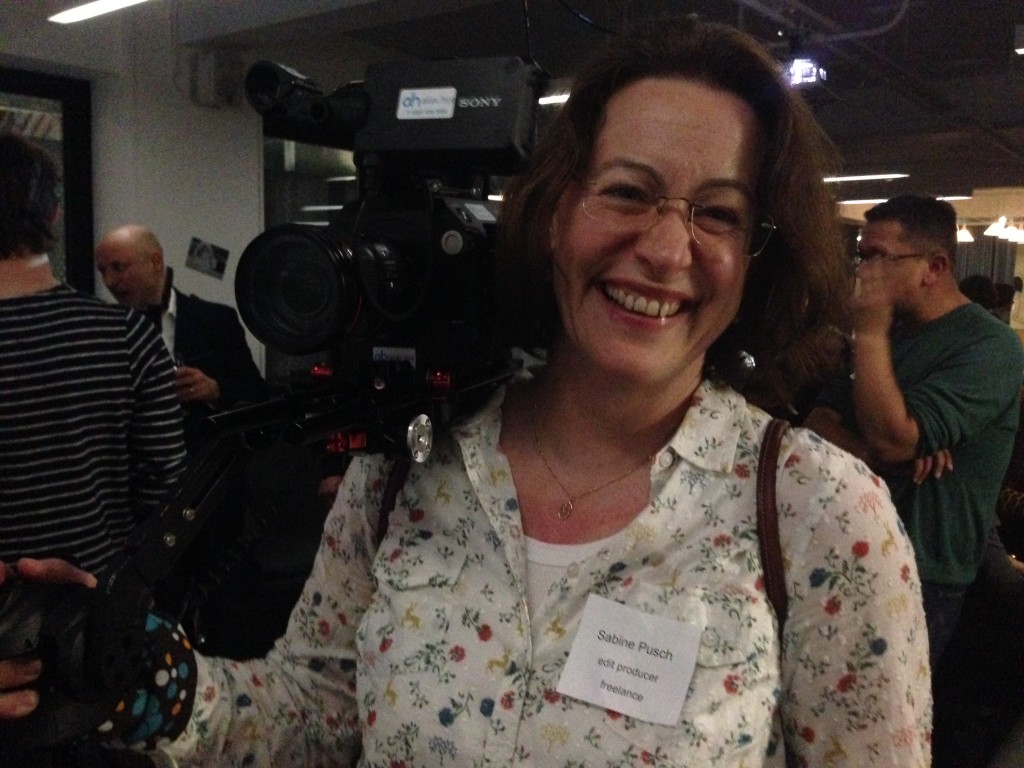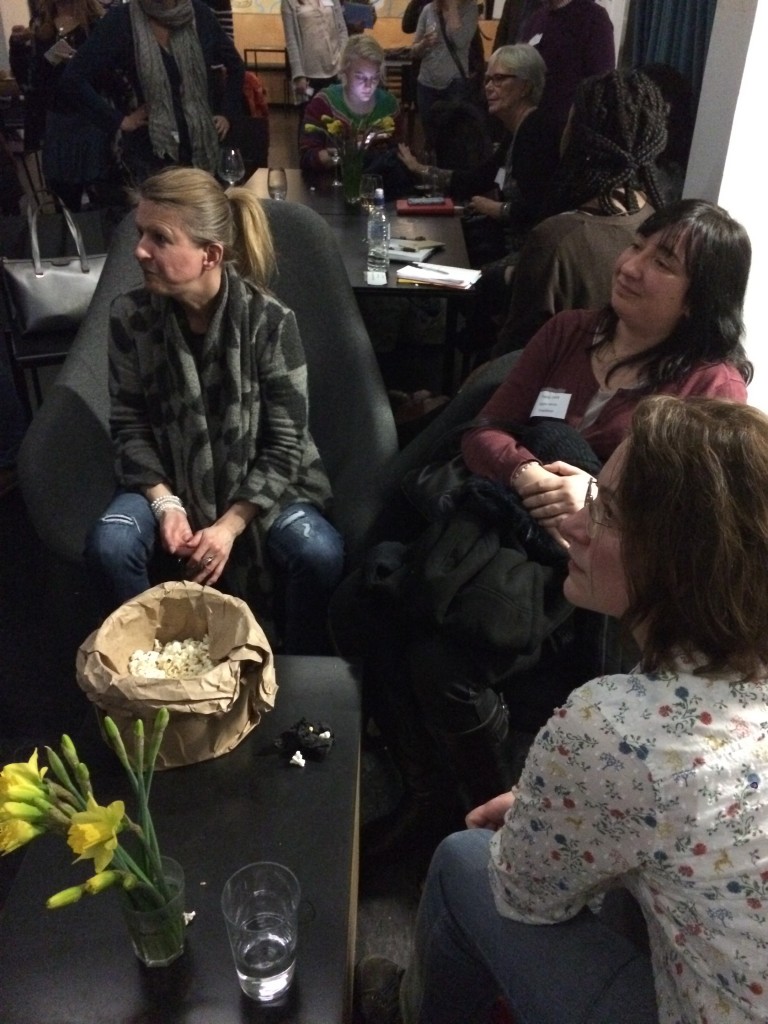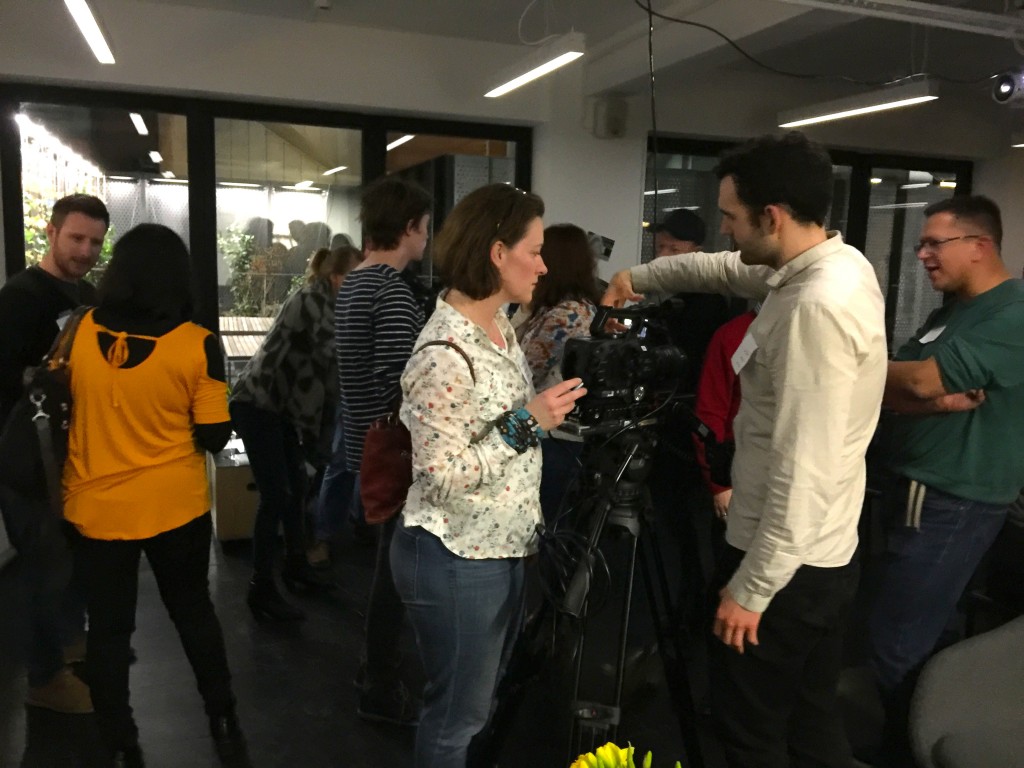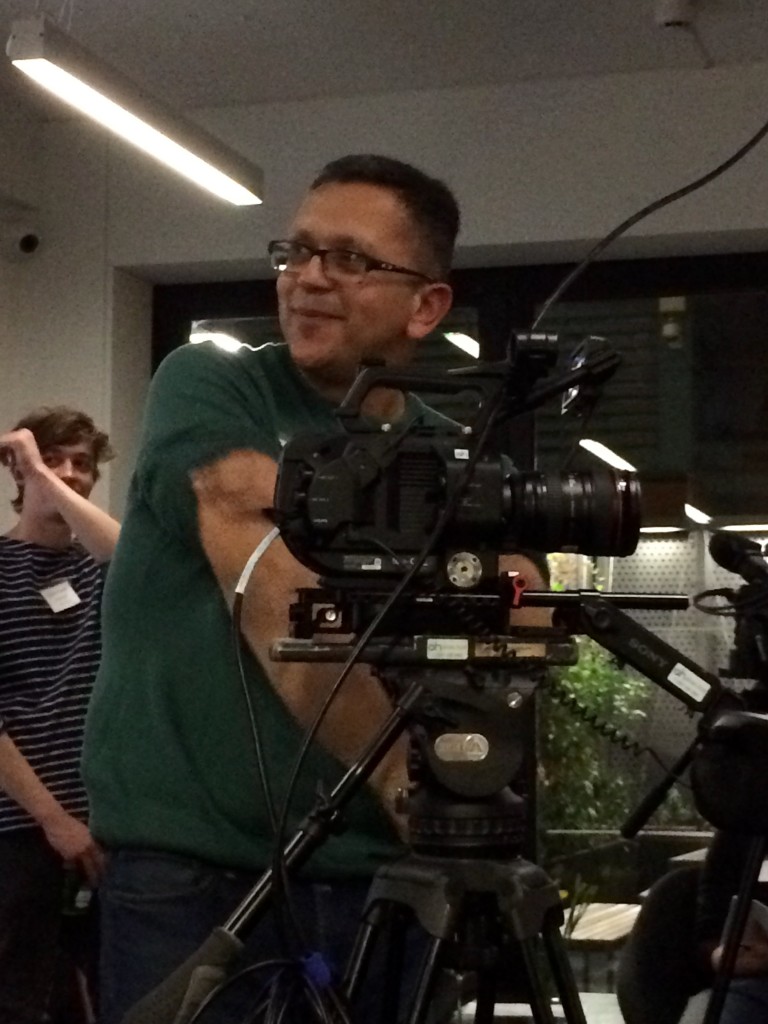How to write a cover letter – briefly
A cover letter is the gateway to a potential employer opening and reading your CV – it’s hugely important to your job application or spec letter, so time spent getting it right is well spent, writes Media Parents Director Amy Walker.
This morning I received a cover letter that was 505 words long – almost as long as this blog post – multiply this by the number of spec emails a TV employer receives each day and you’ll soon realise that you’re likely to be wasting two people’s time with a long one.
Use your cover letter to open doors for you – it’s not a given that someone reading your email will even open your CV – so work it – make them want to read your CV and meet you. If you apply for a job via Media Parents there might only be five other applicants, but for any other job site or spec letter there could be easily ten times as many people making the same approach. Either way, you need to stand out in a positive way from the crowd.
The basics are
Keep it brief
Be relevant
Spell check
And that’s largely it.
BREVITY
So how brief is brief? All employers are busy, so, keeping manners in mind, the shorter the better. Remember you are demonstrating your ability to organise and select relevant material here (vital in most TV jobs) – a long letter can shoot you in the foot by implying you have no prioritising or editing skills. Natalie Spanier, Talent Manager at Nutopia says “Keep them incredibly brief! Most talent managers will just want to get straight on to looking at your CV. Restrict it to key information e.g. availability and any wishes for your next job. But never more than 5 or 6 lines.”
“I HATE long cover letters. I don’t read them, I might skim the first paragraph, but I think a short, concise one is best” says Boundless Production Manager Anna Gordon. “Polite, well written and spelt but brief! I haven’t got time to wade through loads of info. I’m afraid I largely ignore cover letters if they’re too long!”
RELEVANCE
Some people choose just to fire off a CV without a cover note, but this is a slightly wasted opportunity IMHO. Why not take the time to read the job ad or the company website and briefly highlight your relevant skills for the job? Employers don’t have time to wade through a long letter, nor do they have time to hunt for what they need on a CV, so judiciously highlighting really helps. Why not take the time to tailor a cover letter and CV rather than expecting an employer to do that work for you?
Rawcut Head of Production Claire Walker lists her cover letter pet hates “The ones where you know it’s a copy and paste – yes we all do it, but come on! The ones where they mix up what your company does, and what one with a similar name does. The ones where they could be anything – researcher, co-ord, editor, producer! Make a choice!” A cover letter shouldn’t be a standard one – no more than your CV should – research and send it like a guided missile to get you the job!
Pi Productions’ Head of Production Viki Carter says “As I view it the cover letter is to persuade me to interview you – I will ask for more detail on the things you highlight if and when we meet.”
GAPS
If you’re a parent returning to the workplace you can choose to highlight a break from work on your CV or in your cover letter – frame it positively so you outline any refresher training you have done to prepare for the return to work, and also any relevant new skills you picked up during the sabbatical. Don’t labour it and don’t apologise.
SPEC LETTERS
In my first job in TV Peter Bazalgette recommended I watch programmes by the company first. A blindingly uncomplicated tactic mirrored by many of his successful programmes. Highlight something you’ve seen and loved, point out your relevant experience to that company, or for another series of that show. In an increasingly competitive industry this is still good practice today but with a word of warning from Endemol Shine Exec Matt Holden : “If you’re going to write and tell a programme maker that you like their show, then you have to think hard about what it elements really engaged you, it’s your opportunity to begin a dialogue, so make it thought provoking. It doesn’t matter if the person who reads your cover letter disagrees, at least you have shown you’ve engaged with the show.”
HUMOUR
Like a CV a cover letter can demonstrate your ability to select and organise material as mentioned above. Both can also demonstrate your personality, so if you’re confident and can write well, humour can help. But remember brevity is the soul of wit.
Amy Walker founded and runs Media Parents and is happy to answer any cover letter queries fielded through the Media Parents contact page. Amy is also Head of Talent at TwentyTwenty Television and welcomes spec letters.
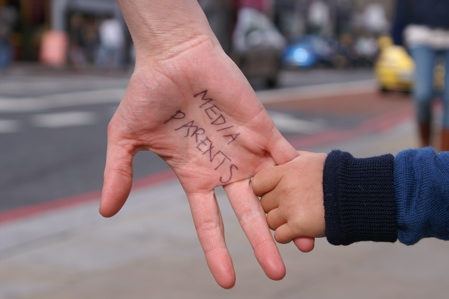
Our next event is on May 3rd at The Hospital Club, see our site emails and watercooler at www.mediaparents.co.uk to obtain tickets. Media Parents is brilliant for jobs, networking and training - see www.mediaparents.co.uk for details.

